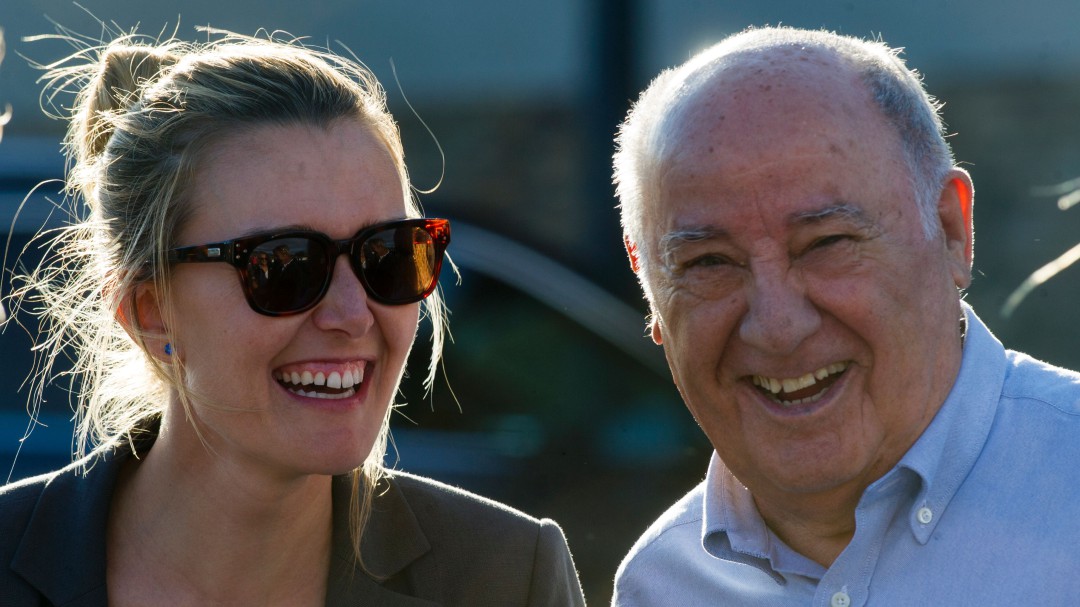


“I will always be wherever the company needs me most,” she says. It’s the heart of the company.” She now visits Zara stores almost weekly, as part of an expansive, somewhat open-ended role (she does not have an official title) in which she mostly helps to oversee womenswear designs and merchandising as well as managing the brand’s image. “But then you get kind of addicted to the store. “The first week, I thought I was not going to survive,” she says. Ortega Pérez, 37, started working at Zara 14 years ago, when she took a job as a sales associate in London’s King’s Road store after graduating from university. (Ortega is now chairman of Pontegadea, a holding company that has diversified his assets in recent years, and of a self-named charitable foundation.) At 85, and technically retired from an executive role, he still comes to work nearly every day but has always kept a low profile: He’s never given an interview and avoids events and public photographs. Rather than isolating himself in a hushed corporate tower on the campus he built as Inditex’s headquarters, Ortega prefers to sit on the floor of Zara’s women’s department. In keeping with Zara’s egalitarian vision of how the world can dress up, Ortega-or “The Boss,” as he’s called at home and at work-has never bothered with an office.

But while a cropped, tailored tweed jacket from Chanel might be $8,550, one with similar vim from Zara sells for around $120. In recent decades, Zara has blazed into 96 countries, where some of its 1,854 stores sit on premium boulevards near luxe brands such as Dior,Ĭartier and Chanel. The conglomerate that owns seven clothing companies, including Massimo Dutti, Bershka and Zara. Ortega is the founder and controlling shareholder of Just a few yards away in this white, open-plan office on the outskirts of La Coruña, a port town in Galicia, Spain’s northwesternmost region, is the same kind of chair and desk, used by her father,Ī reclusive billionaire whose net worth ranks him among the world’s wealthiest individuals.


 0 kommentar(er)
0 kommentar(er)
